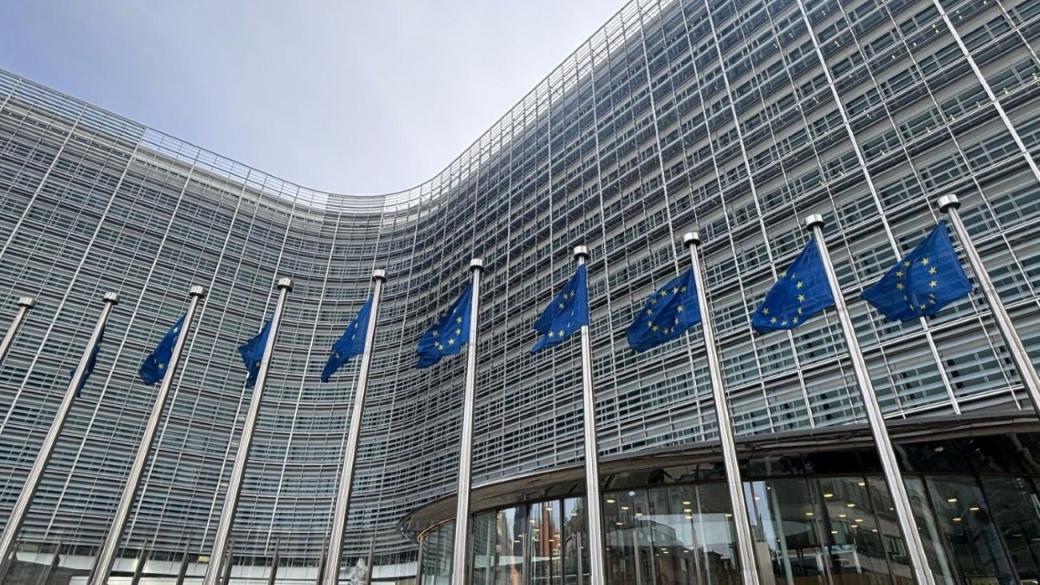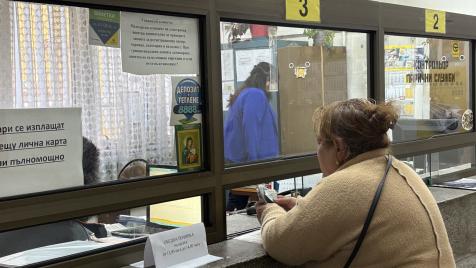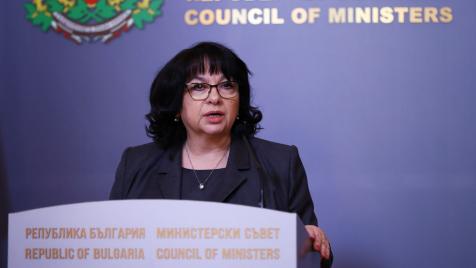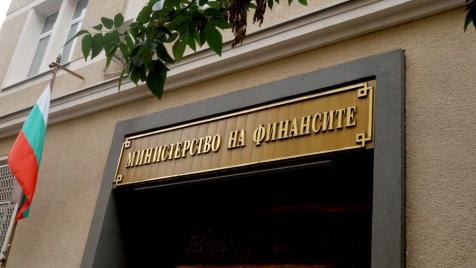ECB and EC approve introduction of the euro in Bulgaria
The country meets all technical criteria for joining the euro area, according to the published convergence reports

© ECONOMIC.BG / Economic.bg
The European Commission (EC) and the European Central Bank (ECB) have published their convergence reports, which state that Bulgaria meets all the technical criteria for joining the eurozone. This brings the country's 19-year journey towards adopting the euro to an end.
In the light of its assessment on legal compatibility and on the fulfilment of the convergence criteria, and taking into account the additional relevant factors, the Commission considers that Bulgaria fulfils the conditions for adopting the euro," the EC writes in its report.
However, the political decision must first be taken by the finance ministers of the eurozone countries and then by the European Council.
What are the four technical criteria?
- Price stability. Price stability is defined as a sustained inflation rate that does not exceed 1.5 percentage points above the average inflation rate of the three best-performing euro area Member States. In April, it became clear that Bulgaria had met this criterion for the third consecutive month.
The average annual inflation rate in Bulgaria in the 12 months to April was 2.7%, below the reference value of 2.8%. A review of a wider range of indicators does not identify reasons for concerns about the sustainability of price stability," the report says.
Usually, if there is a slight deviation from the target level, the EC and the ECB may exclude from their calculations certain countries with very low inflation due to “exceptional factors.” In the current report, however, no such exclusion has been made and Bulgaria meets this criterion without exception.
The ECB warns, however, that it expects inflation to rise gradually in the coming months due to increases in indirect taxes, wages, and the tight labor market.
Looking further ahead, there are other factors that pose risks to the sustainability of inflation convergence in Bulgaria over the longer term. This is particularly the case because in recent years unit labour costs have risen at a much faster pace than in the euro area and other competitor countries," the ECB said.
- Stable and sustainable public finances. The country should not be subject to an excessive deficit procedure. In April, the European statistical office Eurostat confirmed that Bulgaria had successfully ended 2024 with a 3% deficit on a cash basis. The report notes that the budget deficit increased from 2% in 2023 to 3% in 2024. However
Bulgaria is not the subject of a Council Decision on the existence of an excessive deficit," the EC says.
- Convergence stability. The long-term nominal interest rate should not exceed that of the three best-performing euro area countries by more than 2 percentage points in terms of price stability.
Over the reference period from May 2024 to April 2025, long‑term interest rates in Bulgaria stood at 3.9% on average and were thus below the 5.1% reference value for the interest rate convergence criterion," the ECB states in its report.
- Exchange rate stability. Participation in the EU's exchange rate mechanism (ERM II) for at least two years. Bulgaria joined ERM II in 2020 and has been in a currency board since 1997. This is also noted in the institutions' reports.
What happens next
However, the EC and ECB reports are not the final step towards joining the currency union.
At the end of the month, the finance ministers of the eurozone (Eurogroup) and of the European Union as a whole (ECOFIN) will discuss our country's readiness.
This will be followed by a political decision at the level of the European Council (the heads of state of the EU countries).
On June 30, the European Commission will make a proposal for fixing the euro/lev exchange rate, which is expected to remain at 1.95583, in line with the current conditions of the currency board. A 2020 decision by the National Assembly explicitly states that the country will join the eurozone only if the exchange rate of 1.95583 levs per euro is maintained. If other conditions are imposed, the finance minister cannot agree.
After consultations with the European Parliament, on July 8, ECOFIN will have to finally adopt three decisions on the entry of the euro in Bulgaria. Two of them require a qualified majority (Bulgaria will also participate in the vote), and the decision on the exchange rate must be adopted unanimously by all eurozone countries plus Bulgaria.
The EC will then submit a proposal to the EU Council with a specific date for Bulgaria's accession, with ECOFIN having the final say.
Dual pricing
Today's decision means that the provisions of the Law on the Introduction of the Euro in Bulgaria will be triggered. Chapter 2 of the law stipulates that
one month after the decision on Bulgaria's accession to the eurozone", the prices of goods and services in Bulgaria must be indicated in both lev and euro, which is known as “dual display.”
This period of dual display ends 12 months after the date of introduction of the euro in the Republic of Bulgaria.
This text was translated by DeepL Translator.

 Simona Gotsova
Simona Gotsova 




